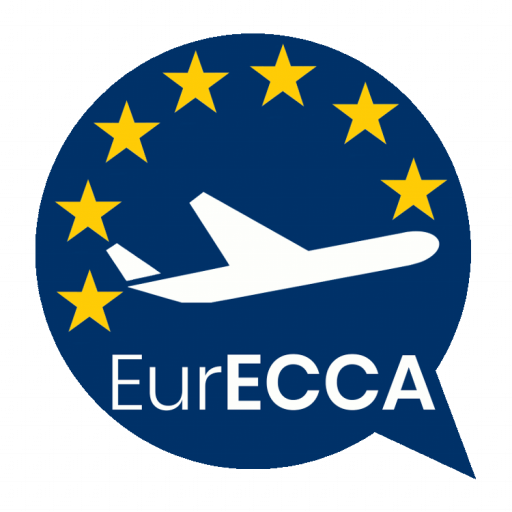EurECCA comments on EASA basic Regulation revision
Proposal for a Regulation […] on common rules in the field of civil aviation and establishing a European Union Aviation Safety Agency, and repealing Regulation (EC) No 216/2008 COM (2015) 613 — 2015/0277/COD
As safety and security within the airline industry is a basic principle, EurECCA highly welcomes the revision of the EASA´s basic regulation to keep aviation safety the top priority.
EurECCA supports a strengthened EASA role in order to oversee the national authorities.
To do so, EASA must be equipped with sufficient resources: financially personally and technically.
It is time for a level-playing field within European regulation. EASA should get the necessary tools to ensure that the different NAA´s properly oversee the national operators and EASA must be able to intervene in case they fail to do so.
However, EurECCA supports strong parliamentary participation on the topics related to social factors and safety factors with direct relation to social issues.
The Commission now presents a draft for a new basic regulation that minimizes parliamentary influence on rulemaking. This draft in fact revokes the power of the Parliament to ask for a vote via a motion. In this draft, almost every chapter has an article that delegates the power to the Commission to determine detailed regulations concerning the subjects mentioned in the different chapters (see articles 18, 25, 28, 34, 39, 44, 47, 50, 117 of the draft). They are all about delegated power to the Commission.
With the revision of articles 19 and 22 of the original regulation 216/2008, the Commission, in article 65 of her Draft,
- proposes to terminate the role of the EP in the decision-making on regulations,
- no longer requires EASA to take into account the latest scientific and technical evidence when implementing rules related to flight an duty times and rest requirements,
- no longer requires EASA to takes into account the essential requirements, although they have been voted upon by the EP and
- no longer requires EASA to publish deviations and derogations from the FTL requested by national authorities thus making EASA decisions no longer transparent.
Taking into account the fact that legislation on aviation safety, occupational health and safety and social aspects of mobile workers is essential for a sustainable development of the industry and the wellbeing of passengers and crew:
- EurECCA proposes to add this sentence to articles 25, 28 and 117: Any rule that affects safety, occupational health and safety and social implications must be presented to the European Parliament and the Council under the ordinary legislative procedure.
Other amendments to the Draft:
- Social impact of EASA rule-making, Recital 50: ……Furthermore, where rules could have occupational health and safety and/or social implications, stakeholders, including Union social partners will be appropriately consulted and the implications should be properly addressed in the regulatory Impact Assessment when the Agency prepares corresponding draft rules.
- Cabin crew, article 21: cabin crew shall be issued with a cabin crew license.
- Joint certification, oversight and enforcement system, articles 53, 54, 55: The proposed articles need to be strengthened regarding the process and conditions for such transfers, the assessment of their impact and to ensure that national authorities or EASA have sufficient resources to take over such oversight. The proposal (art.54) for multinational airlines to freely choose the Agency as their authority gives no say to the member states where the organization have their principal place of business. This must not be a choice of the organization.
- Safeguard provisions, Flexibility provisions and Agency measures, articles 59 (2), 60 (2) and 63 (6): The duration of such measures must not exceed twoconsecutive months. The extension of FTL implementation has demonstrated misuse of these provisions to avoid implementation dates.
- Repository of information, article 63 (6): Without prejudice to paragraph 7, the data contained in the Repository of information shall be made publicly available online.
- Procedures for the development of opinions, CS, AMC and GM, article 104, 1 (b) 2: The procedure must always involve experts from relevant interested parties and not only should social impact require involve EU social partners, but also occupational health and safety impact.
- Leasing, article 123, 4 (regulation 1008/208): The prior approval of intra-EU wet-leasing by national authorities must be maintained. It constitutes a key safety barrier, assisting member states to oversee such operations, which have become wide-spread and less transparent, and which can involve socially problematic practices.


